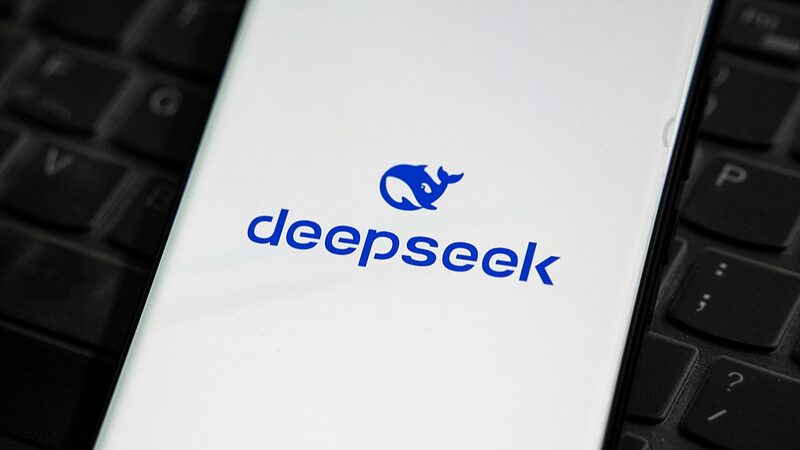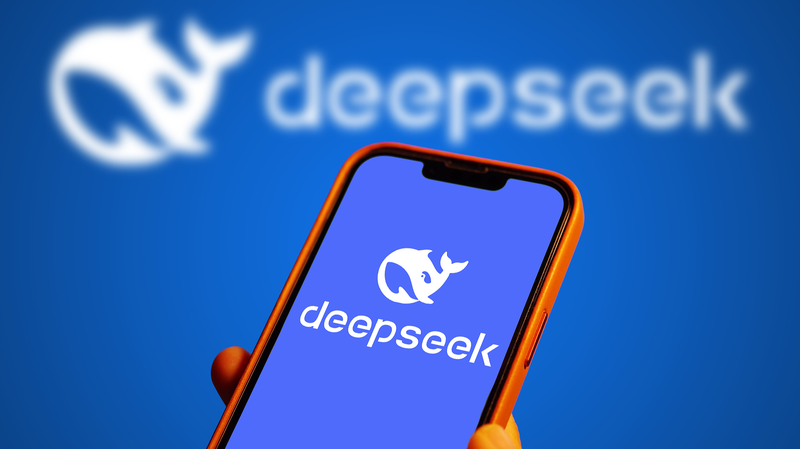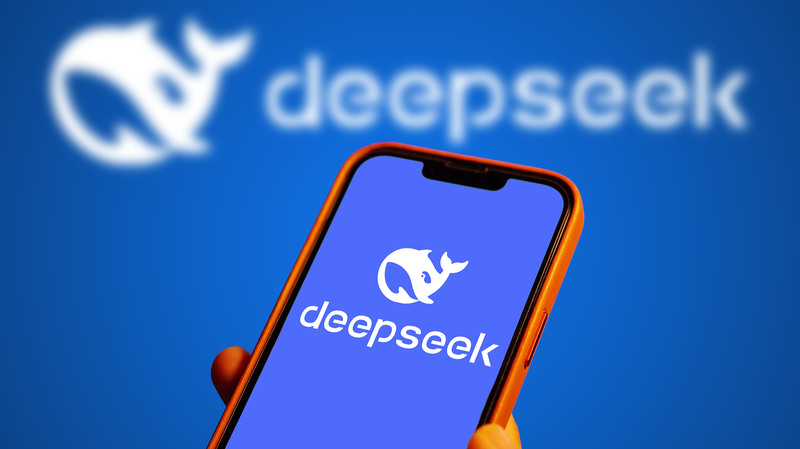A recent survey conducted by global publisher Wiley reveals a significant shift in the scientific community's approach to research methodologies. Researchers across more than 70 countries are increasingly integrating artificial intelligence (AI) tools into their work, anticipating widespread acceptance within the next two years.
The survey, which garnered responses from 4,946 researchers, highlights the growing reliance on generative AI platforms such as ChatGPT and DeepSeek. These tools are being utilized for preparing papers, writing grant applications, and conducting peer reviews, among other tasks.
Over half of the respondents rated AI as superior to humans in more than 20 listed tasks, including reviewing extensive literature, summarizing findings, detecting writing errors, checking for plagiarism, and organizing citations. Additionally, more than half of the surveyed researchers expect AI to become mainstream in 34 out of 43 research-related tasks within two years.
Among the participants, 27 percent are in the early stages of their careers. Out of the initial group, 45 percent (1,043 individuals) reported already using AI in their research, with the most common applications being translation, proofreading, and manuscript editing. Notably, 81 percent of these AI users have engaged with OpenAI's ChatGPT for personal or professional purposes, although only one-third are familiar with other generative AI tools like Google's Gemini and Microsoft's Copilot.
The survey also identified significant disparities in AI adoption across different disciplines and regions, with computer scientists being the most likely to integrate AI into their workflows.
Supporting these findings, a report published in Nature on January 23 discusses the emergence of DeepSeek-R1, a large language model built in the Chinese mainland. The report suggests that DeepSeek-R1 is an affordable and open alternative to reasoning models such as OpenAI's o1, performing on par in specific tasks within chemistry, mathematics, and coding.
The Nature report emphasizes that models like DeepSeek-R1 exhibit capabilities that extend beyond early language models in addressing scientific challenges, indicating their potential for broader research applications.
Reference(s):
cgtn.com








